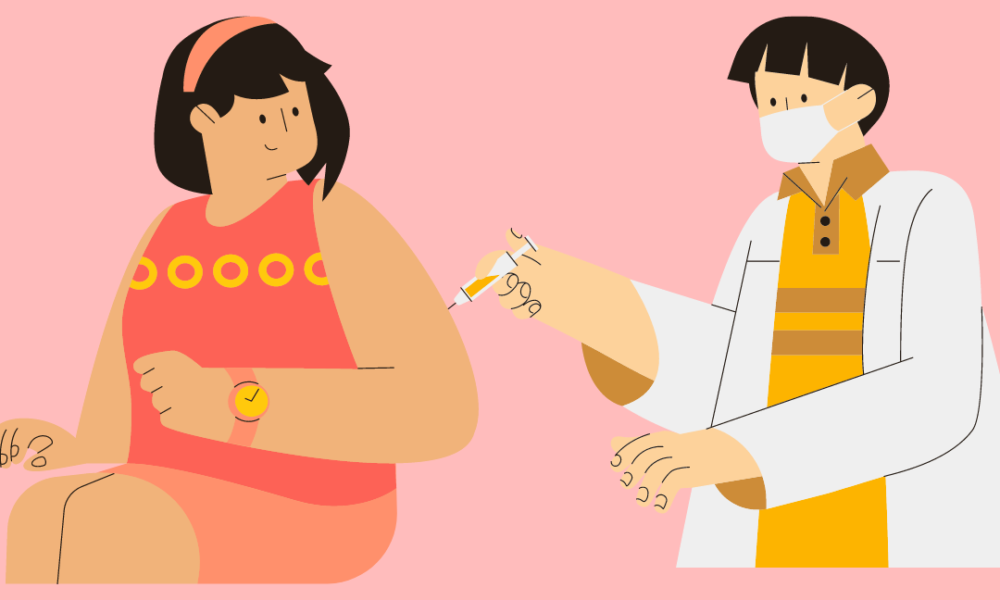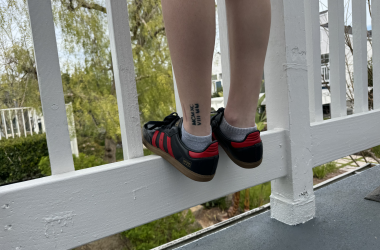I got the first dose of the Pfizer vaccine in April but I was unsure if I even wanted it.
I was unsure if the vaccines were going to be safe since they were developed quickly.
I was also worried about any potential long-term side effects that had not been discovered yet.
I spoke with Janelle Hoskins, a registered nurse who administers COVID-19 vaccine doses. She made me aware of the side effects and the benefits and I realized it was the right choice to get vaccinated.
“The vaccines are safe long-term,” Hoskins said. “The things that make up the vaccine will help prevent COVID-19 and lessen the symptoms.”
Vaccine distribution started in January. Initially, a large portion of the population was not eligible to receive it but now that is no longer the case.
However, not getting one of the COVID-19 vaccines due to medical reasons is completely valid. Some people physically cannot get vaccinated due to autoimmune disorders or allergies to ingredients in the vaccine.
But I find the people who say “I haven’t done my research yet,” to be the most frustrating.
The CDC has a hotline and a website for anyone who wants information about COVID-19 and the vaccines.
People can also make a phone call with a health care professional or speak with a primary care physician. It is unethical for doctors to be dishonest with their patients. They will lose their medical license if they put a patient at risk with something that could hurt or make them ill.
Still, a common excuse among people is that you can still get COVID-19 after being vaccinated. While this statement is true, the vaccine was designed to greatly reduce the risk of long-term symptoms and death.
People who receive the vaccine can still get COVID-19 but the symptoms and chance of spreading it are greatly reduced.
Getting the vaccine is not just about individual safety, it is also about preventing the spread to other people.
Another common excuse is that there is no knowledge about the long-term effects of the vaccine. This is true because it has not been out for long, but the FDA took time to acquire enough data first before approving the Pfizer vaccine, to make sure it was effective and safe for most people The FDA has only approved the Pfizer vaccine so far.
On the other hand, COVID-19 has revealed its long-term side effects, which are known to last weeks or even up to months.
Any symptom, especially a long-lasting one, is not worth getting. Especially if it’s over the reluctance of a simple vaccine that’s side effects go away within a few days.
These side effects include fever, fatigue, headache, muscle pain, chills, diarrhea and pain at the site of the injection on the shoulder—all of which are better to experience short-term than continuing the spread of COVID-19.




